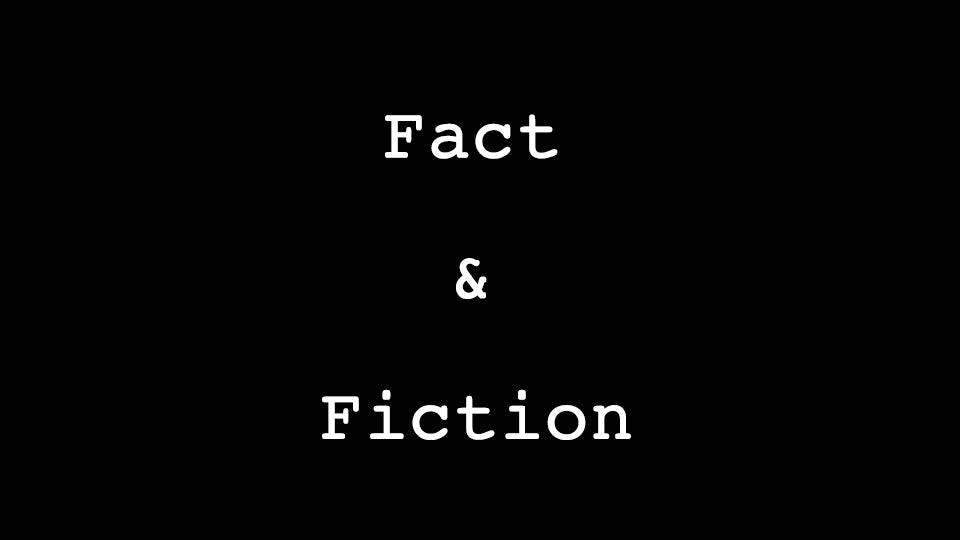How Cognitive Biases Undermine Rational Decision Making
The pandemic isn’t over just because we’re over it. Yet many are acting, or at least pretending, that life is “back to normal.” Is it because the virus is less terrifying than it was before? No, because it's not. Or is it because we’ve fully accepted that maybe this won’t happen to us? Yes.
What's at play here? It's the cognitive biases that are hardwired into us as survival and coping mechanisms.
We looked at the comparison of our pandemic response and getting prepared for emergencies. In the case of the pandemic we want information such as “yes we are certain being 6 feet apart from each other is safe” and “there will be a vaccine that will be 100% effective by Christmas” but we don’t have those truths. Just like we don't have the truths of when a disaster will strike.
As Psychology Today comments, “In the absence of clear guidance, many businesses and establishments have developed their own rules related to reopening. Individual interpretations of COVID-related information are prevalent. Such interpretations are not necessarily fact-based and are thus prone to error.”
Also at play is affect bias - making decisions based on emotion, and confirmation bias - looking for confirmations of those decisions, whether sources are credible or not. In addition to these is optimism bias - thinking it won't happen to me. Psychology terms aside, we’re telling ourselves what we want to hear, making emotionally informed decisions to feel “normal,” and looking to others like us to limit the discomfort of potentially being wrong. Unfortunately, it isn’t science.
Instead of thinking to be prepared, to treat day to day life with the utmost care to limit risk, “What we direct our attention to is really a rich source of what we end up deciding, and we don’t always direct our attention rationally,” said Dr. Gaurav Suri. He goes on to discuss that if our day to day lives, and those we know and love, have not been directly impacted our brains can protect us from the idea that it really can happen to us. Unfortunately this can lead us to potentially endeavor in riskier activities.
Emotionally it unfortunately makes sense. We all want life as it once was in the case of the pandemic. And in the case of general preparedness we don't want to think about something that will change our lives as we know it.
Rationally, however, we need to re-train our brains to activate fight mode, to follow the numbers, to understand the facts and overcome our natural biases and do the hard work to ensure our safety.


